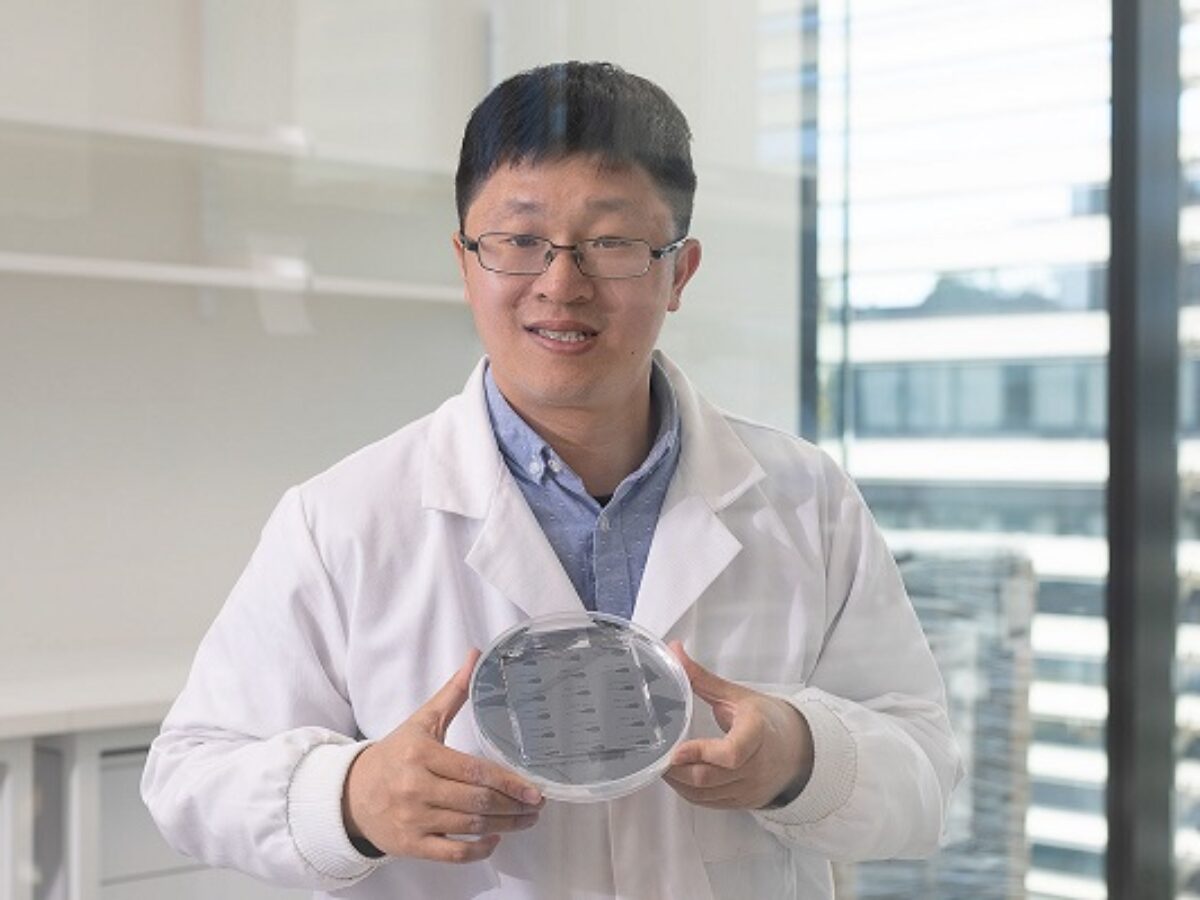USyd micro-device detects impending heart attack or stroke

A team led by Sydney biomedical engineer Dr Arnold Lining Ju (pictured) is developing a biomedical micro-device to detect subtle platelet changes in a drop of blood, predicting a a heart attack or stroke before it takes place.
Using a pin-prick test, the micro-device would take a blood sample from a person’s finger to be analysed for platelet clotting and white cell inflammation responses.
Dr Ju from the Sydney Nanoscience Hub said: “How this device would work is that an at-risk person, for example, someone with heart disease, would use it daily…(monitoring) their blood (for) any potentially dangerous changes.
“If a change was detected, they would need to present for more monitoring at a hospital.”
With heart attacks and strokes the world’s leading cause of death, the 110,000 Australians who suffer a heart attack or stroke could benefit from early diagnosis.
The research forms part of a long-term collaboration with the Director of Cardiovascular Research, CPC at the Heart Research Institute, Professor Shaun Jackson.
Professor Jackson said: “We hope this device will shed light on why and how blood clots form, which if successful, could one day be used in a range of health scenarios.”
The University's School of Biomedical Engineering’s new facilities are engineering the microdevice, which is predicated on an integrated microfluidic chip.
The team’s recent work, Microfluidic post method for 3-dimensional modelling of platelet-leukocyte interactions was recently published in the Royal Society of Chemistry.
Picture: University of Sydney/Dr Arnold Lining Ju
Subscribe to our free @AuManufacturing newsletter here.
Topics Technology
@aumanufacturing Sections
Analysis and Commentary Awards casino reviews Defence Gambling Manufacturing News Online Casino Podcast Technology Videos

